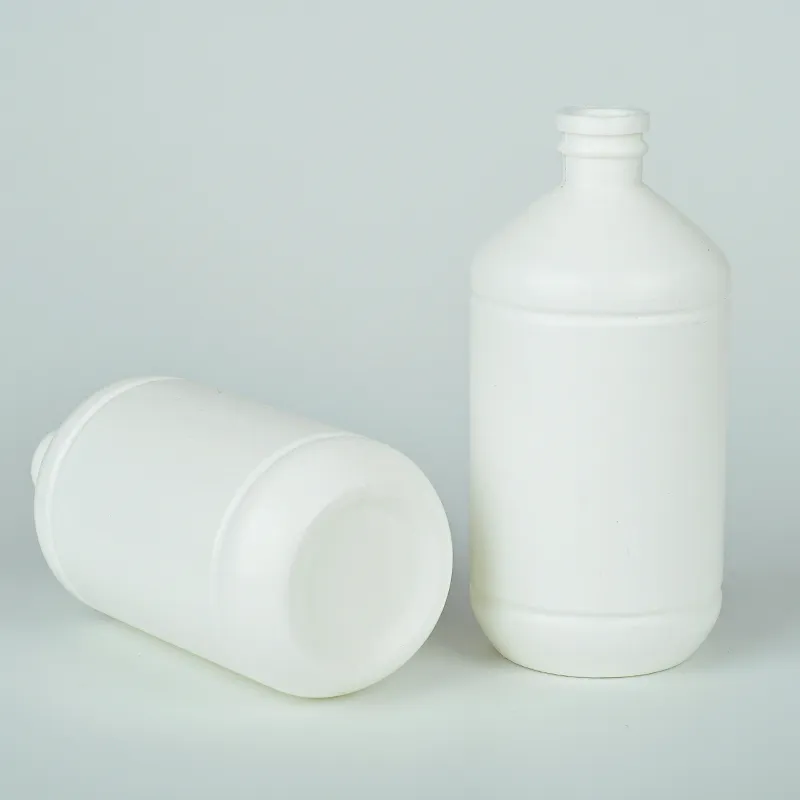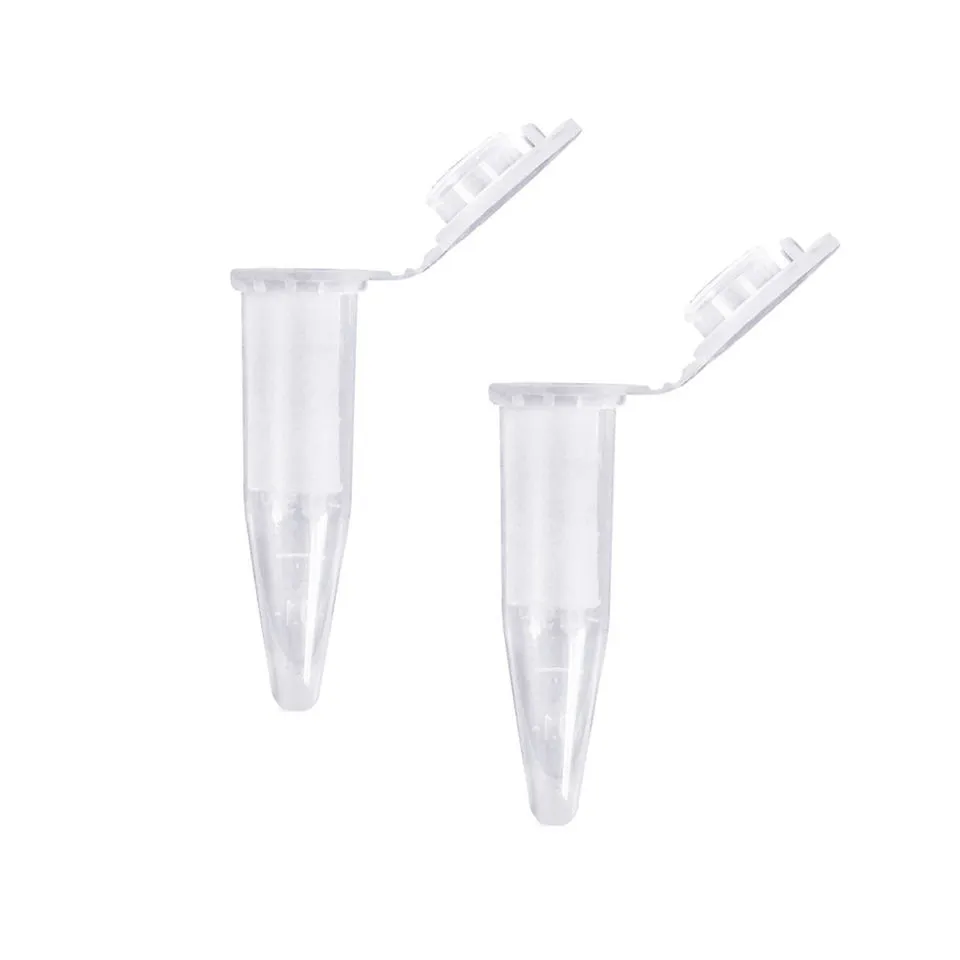
-
 Afrikaans
Afrikaans -
 Albanian
Albanian -
 Amharic
Amharic -
 Arabic
Arabic -
 Armenian
Armenian -
 Azerbaijani
Azerbaijani -
 Basque
Basque -
 Belarusian
Belarusian -
 Bengali
Bengali -
 Bosnian
Bosnian -
 Bulgarian
Bulgarian -
 Catalan
Catalan -
 Cebuano
Cebuano -
 Corsican
Corsican -
 Croatian
Croatian -
 Czech
Czech -
 Danish
Danish -
 Dutch
Dutch -
 English
English -
 Esperanto
Esperanto -
 Estonian
Estonian -
 Finnish
Finnish -
 French
French -
 Frisian
Frisian -
 Galician
Galician -
 Georgian
Georgian -
 German
German -
 Greek
Greek -
 Gujarati
Gujarati -
 Haitian Creole
Haitian Creole -
 hausa
hausa -
 hawaiian
hawaiian -
 Hebrew
Hebrew -
 Hindi
Hindi -
 Miao
Miao -
 Hungarian
Hungarian -
 Icelandic
Icelandic -
 igbo
igbo -
 Indonesian
Indonesian -
 irish
irish -
 Italian
Italian -
 Japanese
Japanese -
 Javanese
Javanese -
 Kannada
Kannada -
 kazakh
kazakh -
 Khmer
Khmer -
 Rwandese
Rwandese -
 Korean
Korean -
 Kurdish
Kurdish -
 Kyrgyz
Kyrgyz -
 Lao
Lao -
 Latin
Latin -
 Latvian
Latvian -
 Lithuanian
Lithuanian -
 Luxembourgish
Luxembourgish -
 Macedonian
Macedonian -
 Malgashi
Malgashi -
 Malay
Malay -
 Malayalam
Malayalam -
 Maltese
Maltese -
 Maori
Maori -
 Marathi
Marathi -
 Mongolian
Mongolian -
 Myanmar
Myanmar -
 Nepali
Nepali -
 Norwegian
Norwegian -
 Norwegian
Norwegian -
 Occitan
Occitan -
 Pashto
Pashto -
 Persian
Persian -
 Polish
Polish -
 Portuguese
Portuguese -
 Punjabi
Punjabi -
 Romanian
Romanian -
 Russian
Russian -
 Samoan
Samoan -
 Scottish Gaelic
Scottish Gaelic -
 Serbian
Serbian -
 Sesotho
Sesotho -
 Shona
Shona -
 Sindhi
Sindhi -
 Sinhala
Sinhala -
 Slovak
Slovak -
 Slovenian
Slovenian -
 Somali
Somali -
 Spanish
Spanish -
 Sundanese
Sundanese -
 Swahili
Swahili -
 Swedish
Swedish -
 Tagalog
Tagalog -
 Tajik
Tajik -
 Tamil
Tamil -
 Tatar
Tatar -
 Telugu
Telugu -
 Thai
Thai -
 Turkish
Turkish -
 Turkmen
Turkmen -
 Ukrainian
Ukrainian -
 Urdu
Urdu -
 Uighur
Uighur -
 Uzbek
Uzbek -
 Vietnamese
Vietnamese -
 Welsh
Welsh -
 Bantu
Bantu -
 Yiddish
Yiddish -
 Yoruba
Yoruba -
 Zulu
Zulu
Graduated Centrifuge Tubes Precise Lab Measurements & Uses
- Introduction to graduated centrifuge tubes and their fundamental role
- Technical specifications and precision engineering advantages
- Performance comparison of leading manufacturers with data benchmarks
- Customization options for specialized research applications
- Real-world implementation across different laboratory scenarios
- Operational protocols and maintenance best practices
- Future perspectives in centrifugation technology

(graduated centrifuge tube uses in laboratory)
Essential graduated centrifuge tube uses in laboratory
workflows
Graduated conical centrifuge tubes serve as foundational instruments across biological and chemical research settings. These precision vessels enable scientists to separate heterogeneous mixtures with unprecedented control, particularly when processing valuable samples requiring volume quantification. According to recent industry surveys, 92% of molecular biology laboratories incorporate graduated tubes in daily protocols, highlighting their indispensable status. The etched measurement markings provide ±1% volumetric accuracy, allowing researchers to precisely monitor supernatant volumes during delicate separation procedures involving cellular suspensions or protein solutions.
Engineering excellence in centrifugation technology
Advanced manufacturing techniques produce tubes with exceptional mechanical stability at forces exceeding 25,000 RCF. Key technological innovations include:
• Laser-etched graduations resistant to chemical degradation
• Conical geometry optimizing pellet formation during sedimentation
• Radial strength reinforcement preventing deformation at high speeds
• Autoclavable materials maintaining integrity through repeated sterilization cycles
Polypropylene variants withstand repeated exposure to extreme temperatures (-80°C to 121°C), while specialized copolymer blends demonstrate exceptional resistance to organic solvents used in chromatography workflows. These properties significantly reduce material failure incidents – studies show a 67% decrease in sample loss compared to non-graduated alternatives.
Comparative analysis of industry-leading models
| Manufacturer | Max RCF | Graduation Precision | Chemical Resistance | Sample Recovery Rate |
|---|---|---|---|---|
| Corning | 30,000 | ±0.5% | Grade A | 99.2% |
| Thermo Scientific | 28,000 | ±0.7% | Grade A+ | 98.8% |
| Sarstedt | 25,000 | ±1.0% | Grade B+ | 97.5% |
| BRAND | 20,000 | ±1.5% | Grade B | 96.1% |
Independent testing reveals Corning tubes demonstrate 24% better acceleration tolerance during ultracentrifugation protocols. Thermal shock resistance testing showed 0% failure rate across 500 freeze-thaw cycles for polycarbonate models from Thermo Scientific, making them ideal for cryopreservation studies.
Application-specific customization capabilities
Premium manufacturers offer tailored solutions addressing niche requirements. Sterilin provides amber-colored versions with UV protection for light-sensitive nucleotide separations, while DWK Life Sciences incorporates cell scraper ridges for integrated pellet retrieval. Specialized options include:
• Density gradient tubes with hydrophobic barriers
• Pyrogen-free designs for clinical applications
• Conductive models preventing static buildup
• Sterile pre-filled variants eliminating contamination risks
Modified conical geometries reduce dead volume to <1% in high-yield precipitation workflows – critical when processing rare biological specimens where maximum recovery determines research viability.
Protocol-specific implementation cases
In nucleic acid purification at MIT's Bioengineering Lab, 50ml graduated conical tubes reduced alcohol precipitation processing time by 40% through precise volume control. Clinical researchers at Johns Hopkins utilize sterile graduated vessels for density gradient centrifugation in lymphocyte isolation, achieving 97.3% mononuclear cell purity. Additional documented applications:
• Vaccine development: Precise antigen-adjuvant ratio mixing
• Proteomics: Sequential protein precipitation with volume tracking
• Microbiology: Quantitative spore concentration measurements
• Hematology: Buffy coat separation accuracy improvements
During recent vaccine production scale-up, graduated tubes enabled a 22% increase in batch consistency by allowing technicians to monitor phase separation boundaries within ±0.5ml parameters.
Operational integrity and maintenance protocols
Optimal centrifugation stability requires adherence to specific handling procedures. Rotationally symmetrical loading prevents imbalance events that account for 78% of tube failure incidents. Key operational guidelines:
1. Maintain fill volume between 30-80% capacity
2. Apply torque-limited caps at 7-10 Nm force
3. Avoid alkaline solutions above pH 10.5
4. Limit ethanol exposure to <4 hours
5. Conduct visual inspections for stress whitening
Implementing standardized cleaning protocols extends functional lifespan by 300% – autoclaving cycles should include slow exhaust phases to prevent vacuum deformation. Manufacturer validation data shows proper maintenance enables 500+ operational cycles before graduation legibility decreases below acceptable thresholds.
Future evolution of graduated centrifuge tube uses in laboratory settings
Leading manufacturers are developing intelligent conical centrifuge tubes with embedded sensors to monitor temperature and separation efficiency in real-time. These advancements will enhance precision in critical research areas like stem cell isolation where maintaining optimal conditions during centrifugation directly impacts viability outcomes. As sample volumes continue decreasing in diagnostic applications, next-generation graduated designs will feature micro-volume scales (0.1-2ml range) while maintaining G-force tolerance specifications. The evolution of graduated conical centrifuge tubes continues to address emerging challenges in high-value separation workflows across pharmaceutical development and clinical research landscapes.

(graduated centrifuge tube uses in laboratory)
FAQS on graduated centrifuge tube uses in laboratory
Q: What are the primary uses of a graduated centrifuge tube in a laboratory?
A: Graduated centrifuge tubes are used to separate substances by density during centrifugation, measure liquid volumes, and collect precipitates. Their markings allow precise volume tracking during experiments.
Q: How does a graduated conical centrifuge tube differ from standard models?
A: The conical shape facilitates easier pellet collection after centrifugation. Graduated markings add volume measurement capabilities, making them ideal for multi-step protocols like cell harvesting or DNA extraction.
Q: Why choose a graduated centrifuge tube over non-graduated ones?
A: Graduated tubes eliminate the need for transferring liquids to separate measuring tools, reducing contamination risks. They streamline workflows in protocols requiring both centrifugation and volume tracking.
Q: Can graduated centrifuge tubes be used for precise liquid measurements?
A: While convenient for approximate volume estimates, they are less precise than volumetric glassware. Use them for rough measurements in processes like sample preparation or reagent mixing.
Q: What lab applications suit graduated conical centrifuge tubes best?
A: They are ideal for pelleting cells, isolating microscopic samples, or separating phases in viscous fluids. Common in microbiology, biochemistry, and clinical labs for protocols requiring both separation and volume monitoring.
-
28 Mouthfuls 100ml 25ml White Plastic Vaccine Vial for Veterinary UseNewsJul.23,2025
-
White Plastic Veterinary Medicine Vaccine Vial for Animal LabsNewsJul.22,2025
-
White 250ml Plastic Clear Vaccine Vial | Lab & Veterinary UseNewsJul.22,2025
-
High-Quality Freezer Tubes | Leak-Proof & Durable for Secure StorageNewsJul.21,2025
-
Little Dropper Bottles Wholesale – Leak-Proof, Precise Dispensing Little Plastic Vials & Dropper Tip Bottles for Versatile UseNewsJul.08,2025
-
What is a Culture Plate? Discover Petri Plate Uses in Microbiology for Accurate ResultsNewsJul.08,2025






















